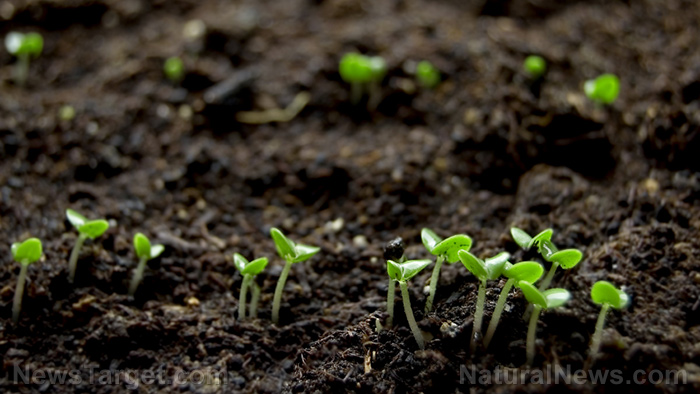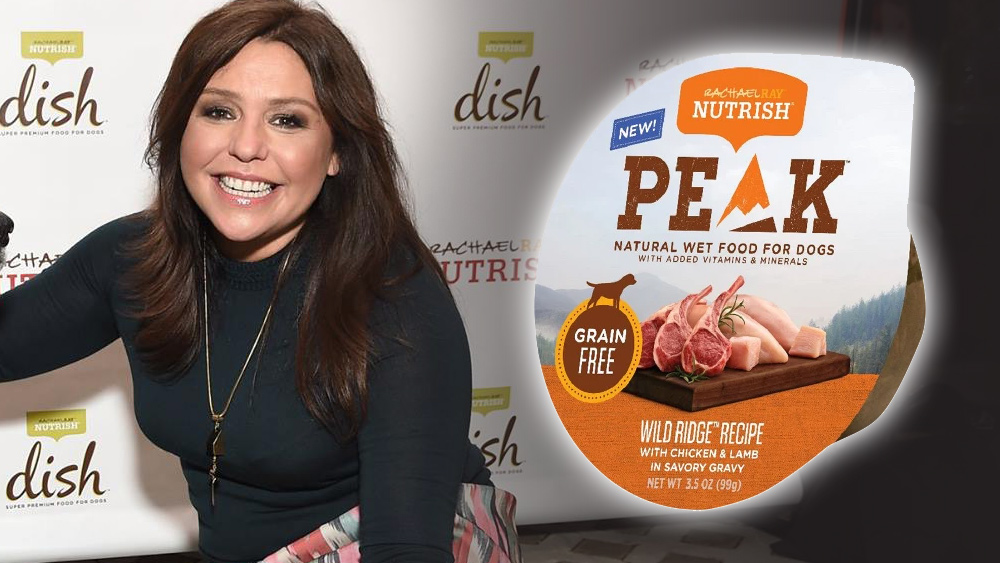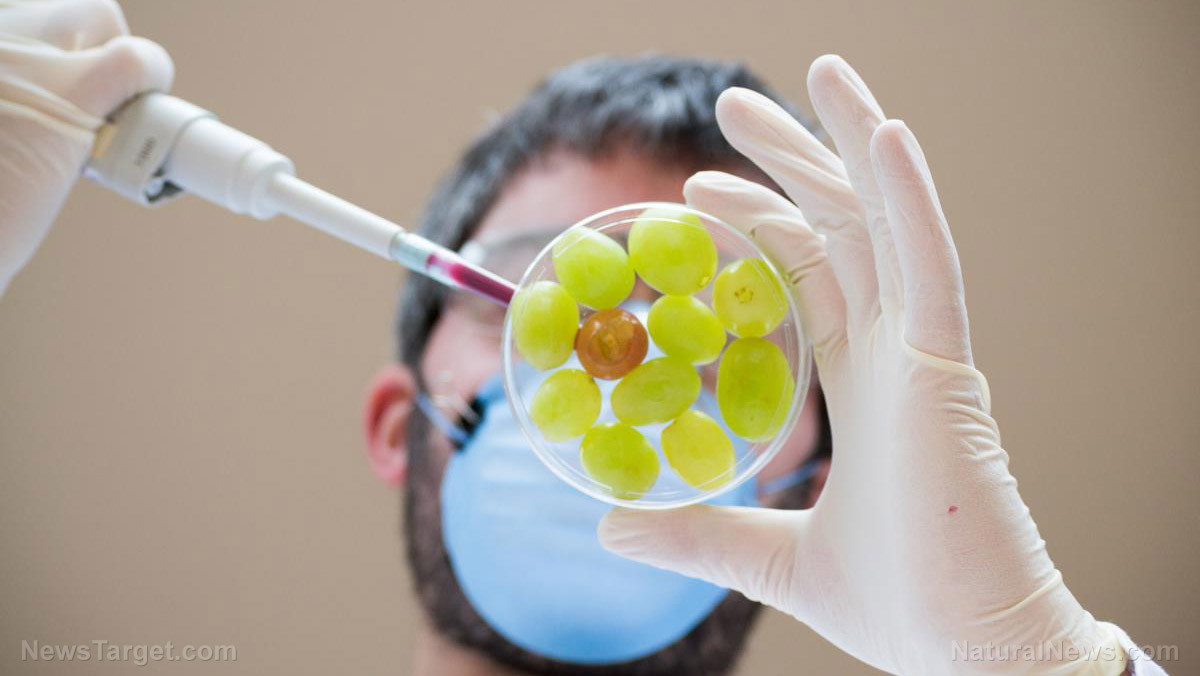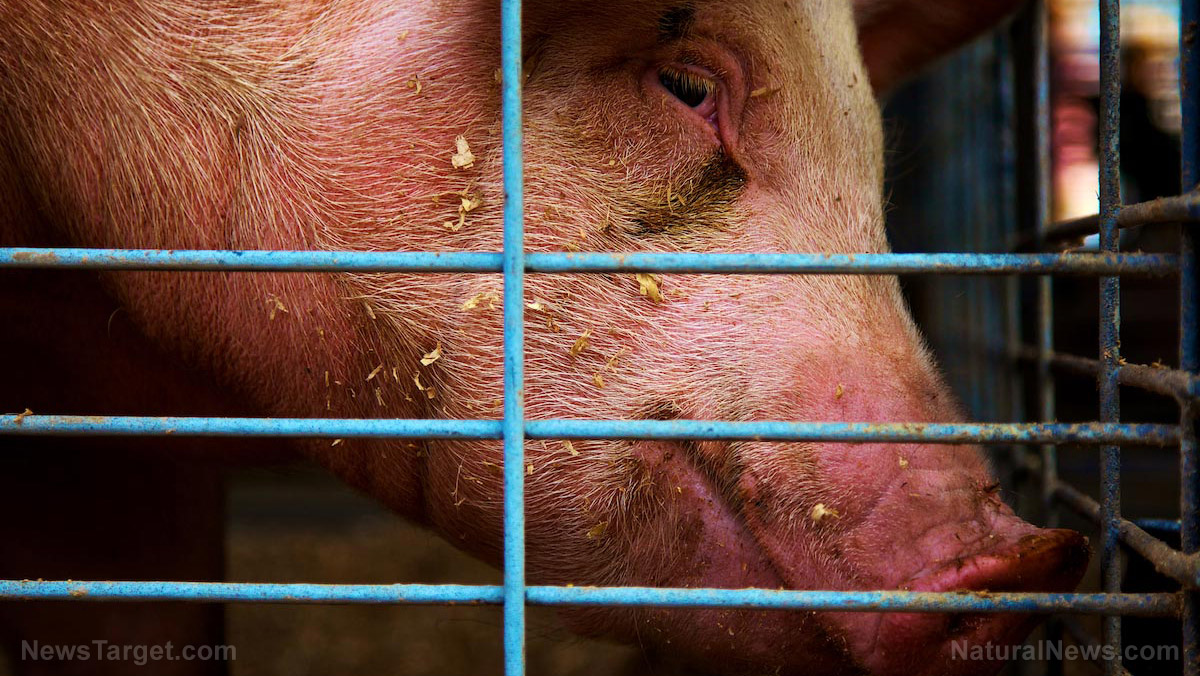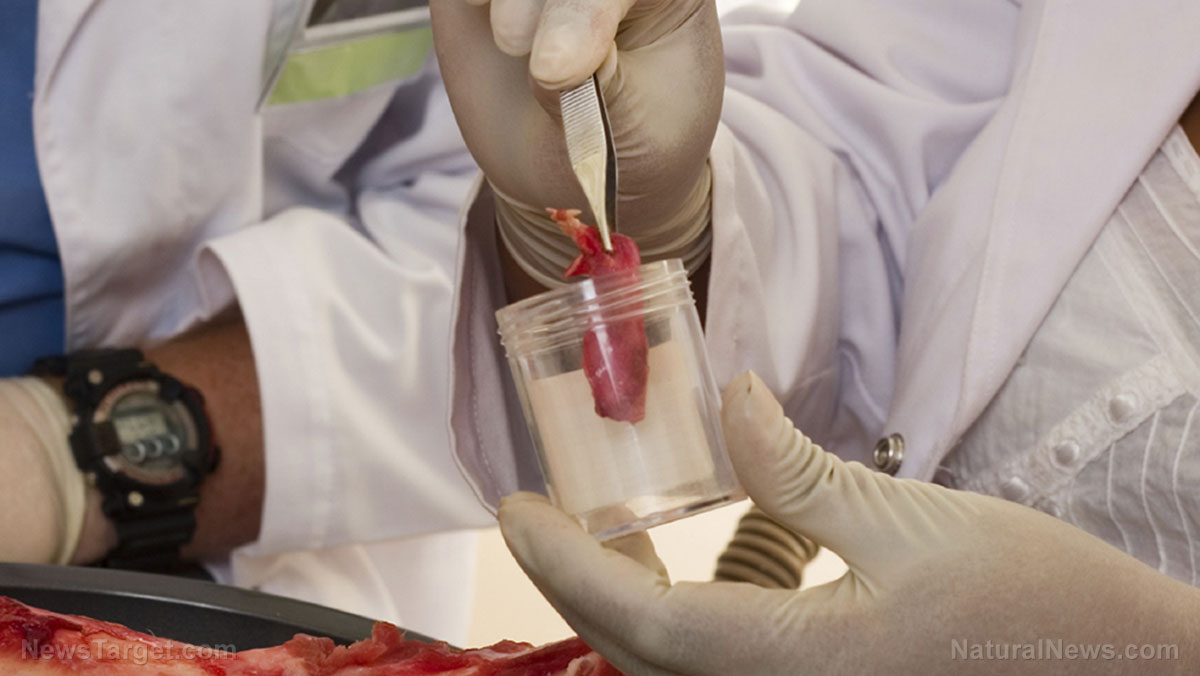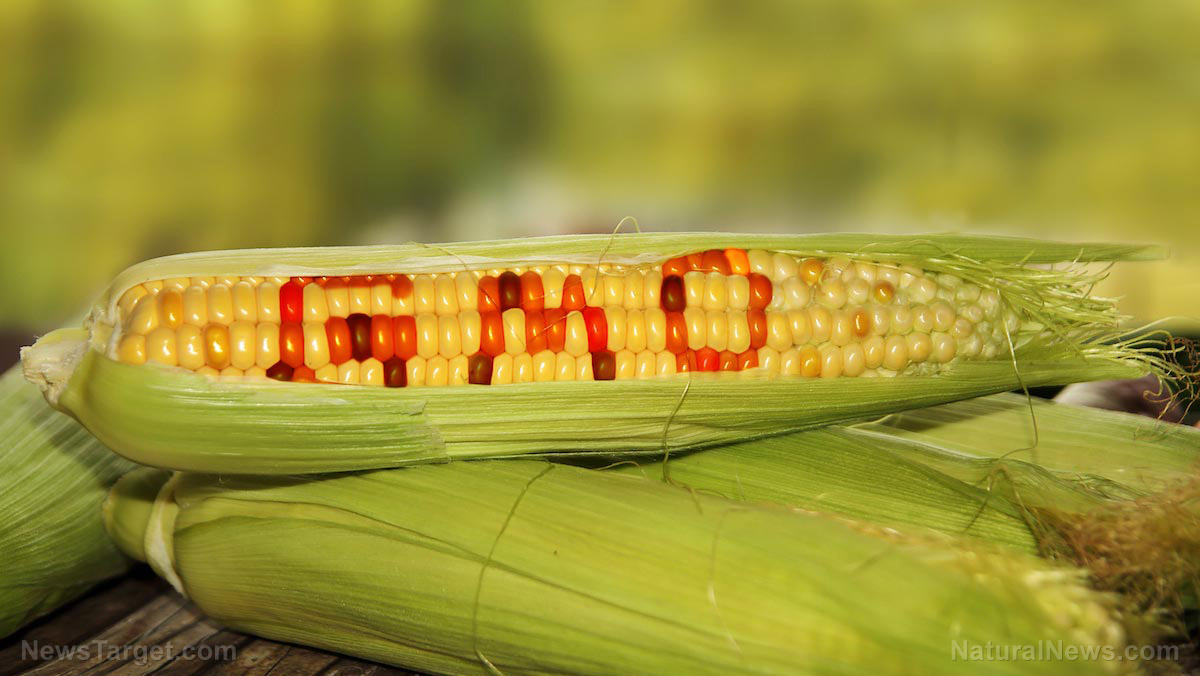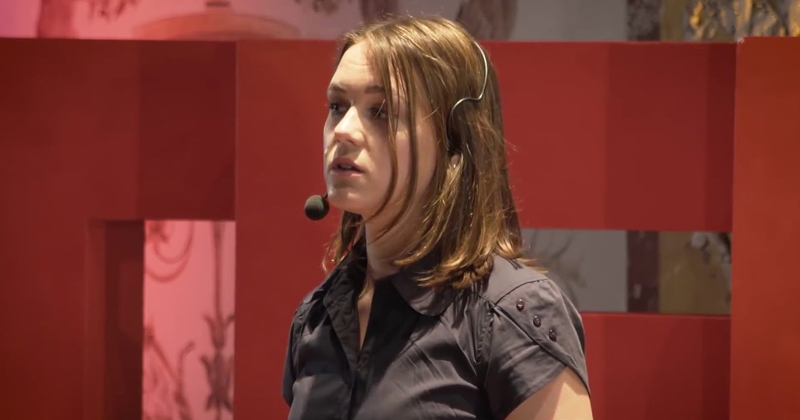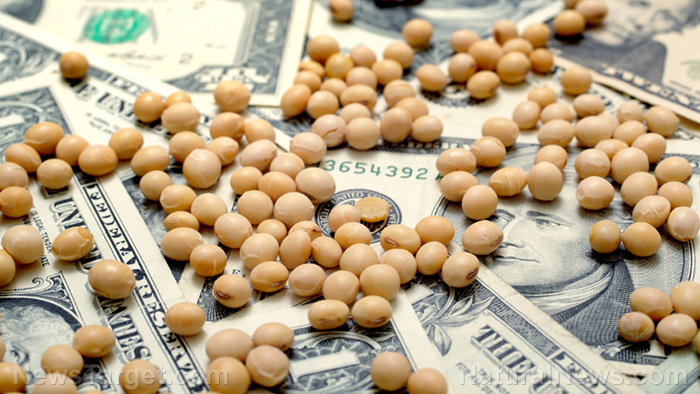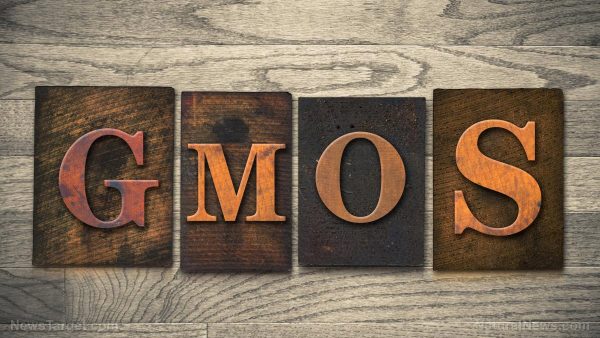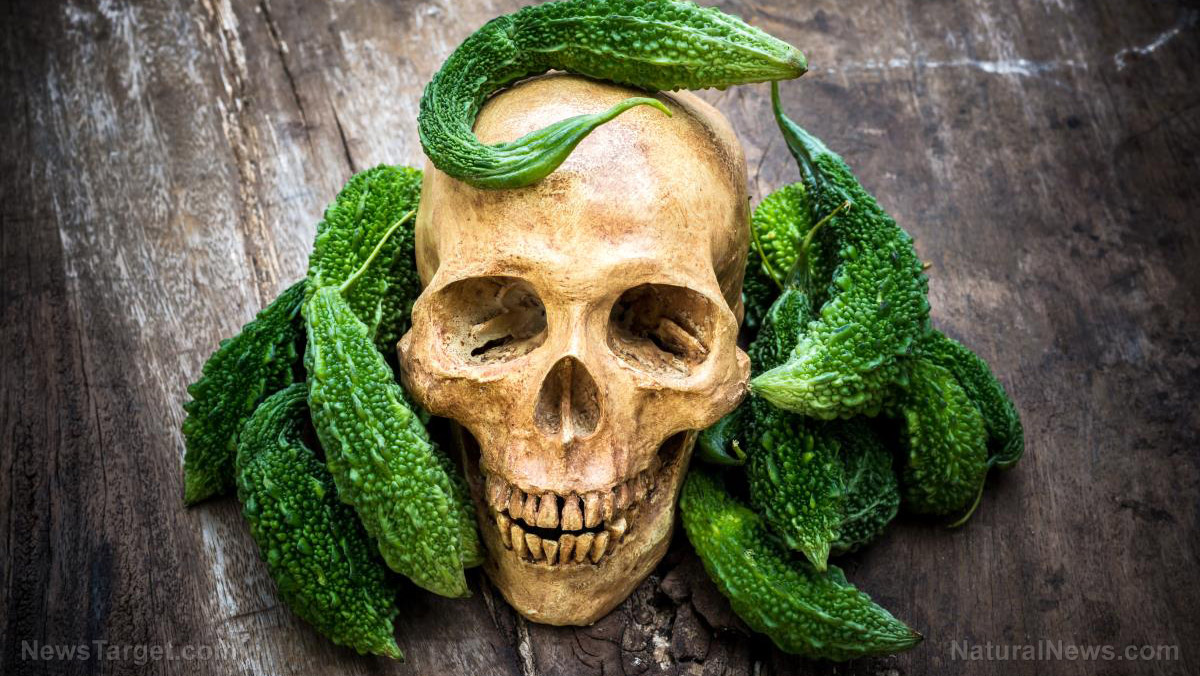Technology necessary to clone humans is here but that doesn’t mean we should use it
12/09/2015 / By Chris Draper
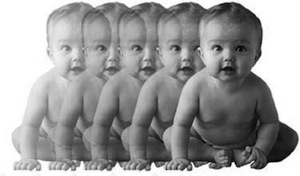
A Chinese scientist named Xu Xiaochun , head of the world’s first cloning factory, claims he is now ready to replicate humans. His only hesitations are fueled by public fear and backlash.(1)
Xiaochum is in charge of Boyalife Group, a firm based in China, dedicated to improving the enterprise of stem cell banking. It is the largest cell bank in Asia, and the world’s leading stem cell research and developmental alliance.(2)
Boyalife Group is behind the factory, and works in collaboration with Sooam Biotech Research Foundation and the Chinese Academy of Sciences. Together, the firms are in the process of cloning primates to test the animals for various maladies.
Human cloning now within the purview of science
Since people are a mere half a chromosome away from chimpanzees, it’s not much of a stretch to state human cloning is now within the purview of science.
“The technology is already there. If this is allowed, I don’t think there are other companies better than Boyalife that make better technology,” Xiaochum said.(1)
Boyalife Group is expected to open its doors within the next few months. The firm hopes to be cloning one million cows a year by the year 2020. Other animals that are expected to be cloned include racehorses and police dogs.
Xiaochum stressed that the firm is not currently cloning people. He worries the public will not take kindly to cloned humans. Nevertheless, he remains optimistic that social values can change, citing the zeitgeist’s shifting attitude towards homosexuals as a prime example.
Support our mission and enhance your own self-reliance: The laboratory-verified Organic Emergency Survival Bucket provides certified organic, high-nutrition storable food for emergency preparedness. Completely free of corn syrup, MSG, GMOs and other food toxins. Ultra-clean solution for years of food security. Learn more at the Health Ranger Store.
“Unfortunately, currently, the only way to have a child is to have it be half its mum, half its dad. Maybe in the future you have three choices instead of one. You either have fifty-fifty, or you have a choice of having the genetics 100 percent from Daddy or 100 percent from Mummy. This is only a choice,” the chief executive said.(1)
Xiaochum doesn’t go into detail as to why cloning animals is better than breeding animals through natural means. Nevertheless, Xiaochun wants to change the public’s attitude towards human cloning and scientists in general.
“We want the public to see that cloning is really not that crazy, that scientists aren’t weird, dressed in lab coats, hiding behind a sealed door doing weird experiments,” he said.(1)
Boyalife’s South Korean partner, Sooam, is currently working on a project to bring a woolly Mammoth back to life. In addition, the Tianjin facility hopes to illustrate how cloning can preserve biodiversity with a gene bank, which can hold five million cell samples frozen in liquid nitrogen.(3)
The ethics of cloning animals
An argument commonly made in favor of cloning animals is that you know exactly how the clone is going to turn out, which is safer than the random shuffling of two organism’s chromosomes.
The problem is, in most cases the cloning process fails during pregnancy. The world’s first cloned sheep Dolly, for instance, was discarded more than 200 times before one survived. In other cases, calves have been born with two faces. Sometimes, defects do not manifest until later in life, which kills the clone.(4,5)
Nor is there reason to believe that cloning actually preserves biodiversity, since it is a disruption of the evolutionary process. In actuality, natural selection strengthens a species by selecting those that are most fit to survive in a particular environment. But the environment changes over time. An extinct organism that lived in an ancient ecosystem wouldn’t necessarily be able to survive in today’s ecosystem.
But there are other reasons to be weary of human cloning, and cloning in general. According to the precautionary principle, any action that carries the risk of unintended global consequences should be avoided, unless there is scientific consensus that it is safe. The field of genetic engineering is riddled with examples of unintended consequences, such as Bt corn’s harmful impact on the Monarch butterfly. Why think that human cloning would be any different?(5)
At any rate, previous attempts to clone primates have almost always failed, and produced a large number of abnormalities. These shortcomings have made human cloning illegal. Perhaps Xiaochum should reflect upon the wisdom of the fictional character Dr. Ian Malcom from the movie Jurassic Park: “Your scientists were so preoccupied with whether or not they could, that they didn’t stop to think whether they should.”
Sources include:
(1) RT.com
(2) BoyaLife.com
(3) DailyMail.co.uk
(4) GM.org
(5) Manataka.org
Tagged Under: BoyalifeGroup, extinctspecies, humancloning



